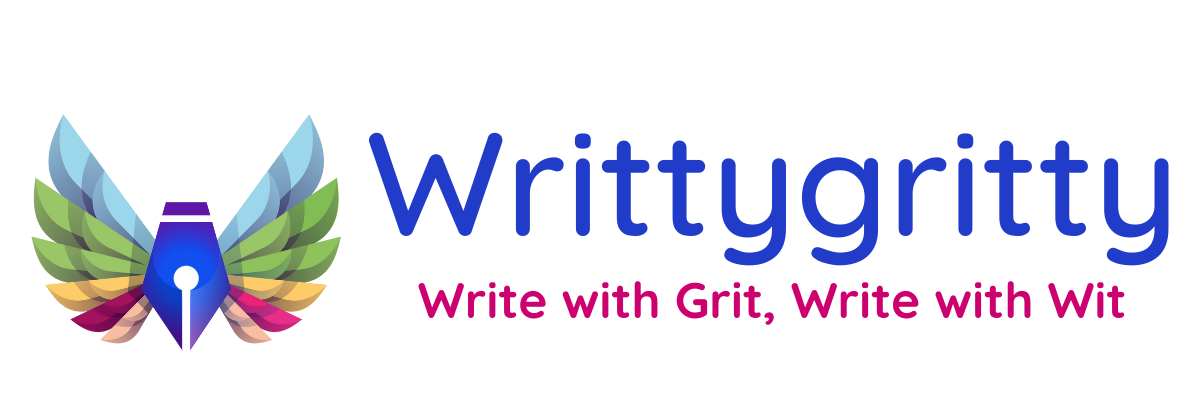
Economics is one of the significant subjects that hold importance at both national and international level. Economics is not only used in making policies for nations but is also useful in our day-to-day life. Economics is a subject of diversity and offers many interesting topics to it’s pursuer. Economics has career options like economist, financial risk analyst, accountant, investment analyst, financial consultant, data analyst, and many more.
We have covered 12 most popular career scopes in Economics:
Teaching Profession
Teaching is one of the best and dependable career options in Economics after completion of your graduation and post graduation. To become a teacher after completing your graduation in Economics you can appear for CTET, SLET or other teaching exams conducted by the government.
If you have completed your Master’s degree in Economics with at least 55% marks, you can pursue either Ph.D. from any central or private university or appear for National Eligibility Test(NET) conducted by National Testing Agency. If you clear NET you are eligible to apply for the post of Assistant Professor in colleges and universities in India.
Indian Economic Services
Another glamorous career option in Economics is IES. To appear for IES exam you have to complete your M.A Or M.Sc. in Economics with at least 55%. Once you clear The IES exam conducted by UPSC you are eligible to become an IES officer. The age range of the applicant should be 21-30 years.
After qualifying and selection, you will be required to perform different tasks related to economic planning and analysis with the Planning Commission of India. Selected candidates can also be put in the Planning Board, or Ministry of Economic Affairs, or National Sample Survey, or any other government departments that require a person who has expertise in the field.
Banking Services within the Public Sector
Banking services are the most common and widely popular career option for Economics pursuant. The Reserve Bank of India conducts various examinations to recruit economists in the banking sector. However, the age limit for applicants is 21-28 years.
You can also apply for jobs in research institutes such as National Council of Applied Economic Research, Indian Council of Social Science Research, Institute of Economic Growth in New Delhi. One can also appear for IBPS and State Bank recruitment exams to start a career in the banking sector.
Economic Advisor in Private and Foreign Banks
An economic advisor conducts research and formulates plans and reports to address monetary and fiscal problems. They also deal with economic issues related to production and distribution of goods.
As an Economics degree holder, you can apply for a career in private and foreign banks. One can apply for job profiles like branch managers, economic advisors, and development.
Economist at an international agency
Economists who have field experience can look for career opportunities at well-known international organizations such as the World Bank and the International Labor Organization. To become an economist at the World Bank you need a minimum of 4 years experience at RBI. You also need to complete your MBA in finance.
Economic Consultant
Economic consultants survey the economic status of business organizations and propose a framework to improve their business. After completing economic graduation you can work as an economic consultant independently. Private sector can offer excellent career opportunities in fields such as scientific research and consulting. Consulting firms offer entry level positions for bachelor’s degrees. For higher positions you require a PhD or an MBA. If you wish to pursue consultancy you require strong mathematics and statistics.
Entrepreneurship
Economists have in-depth knowledge of the market and how it operates. Experienced economists quickly grasp the market trends and find profitable patterns in business sectors. If you have a degree in Economics you can start your own business and achieve exponential growth.
Financial Risk Analyst
A risk analyst’s job is to evaluate financial documents and economic conditions to help their clients determine the pros and cons involved in making business decisions. Financial Risk Analysts work for various banks and insurance companies. Big companies hire analysts to manage large sums of money. If you wish to pursue as an analyst, gather experience and internship credits after completing college.
To become a risk analyst you need a bachelor’s degree in statistics, economics, finance or another business-related degree. You also need to be familiar with programs such as excel and sheets.
Data Analyst (Banking Sector)
A Data Analyst’s job is to work with insights, analytics and data engineering. They strategize data across the bank. The Data Analyst advises end-to-end process, direction and instruction to check the efficient and accurate delivery of data and projects.
If you aspire to become a Data Analyst, you need to complete your graduation and post graduation from relevant subjects like Computer Science, Mathematics or Statistics. Other than Economics you can also pursue courses like B.Sc. Data Science and Analytics, BTech Data Science and Data Analytics, M.Sc. Data Science and Analytics etc.
Also Read How to Calm Nerves Before an Interview How to Approach Someone on LinkedIn for a Job How To Introduce Yourself In a Job Interview What Is IELTS, And How To Crack It Top 15 Most-Common Interview Questions and their Answers
Equity Analyst
An equity analyst builds reports, projects and research based recommendations to companies dealing with stocks. They work in small organizations or companies to give accurate recommendations to obtain high level results.
There are no specifications to become an equity analyst. However, having a graduate or post graduate degree in fields like commerce, economics, finance or investments will push your career ahead.
Cost Accountant
Cost analysts are required to study and create a report on corporate expenses for management purposes. They are highly required in manufacturing fields to audit the manufacturing cost. They collect and analyze and estimate financial data and compare budgets.
To become a cost analyst you need to hold a degree in relevant subjects like Economics, Finance, Accounting or similar field. You also need to gain experience in data and finance operations.
Economic Researcher
An economic researcher is required to conduct research and create reports to formulate plans to solve economic problems related to manufacture and distribution of goods and services. They compile and analyze data to prepare technical reports and presentations on relevant issues.
To become an economics research analyst you at least need a bachelor’s degree and a master’s degree in relevant subjects like economics and finance. You can also do your diploma degrees in related subjects to expand your resume.
It is important to choose a major according to your personal choices and skills. If you are pursuing a degree in Economics, do your research before making career plans.



